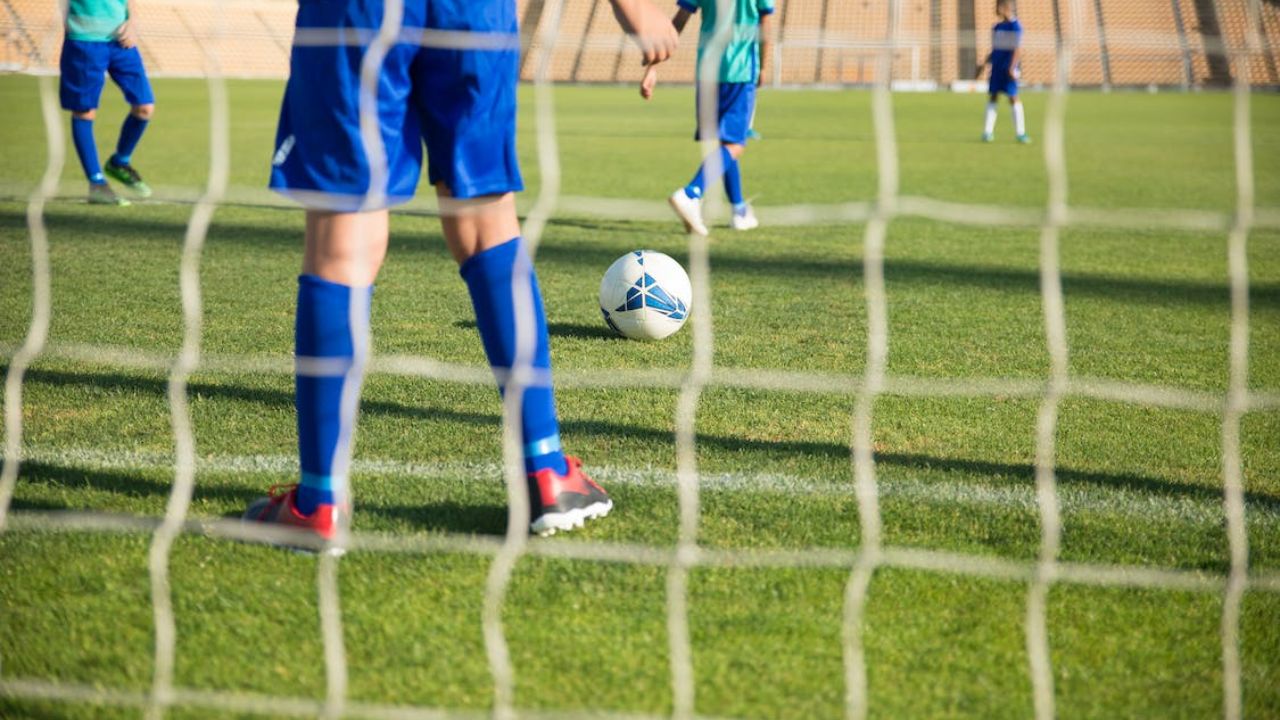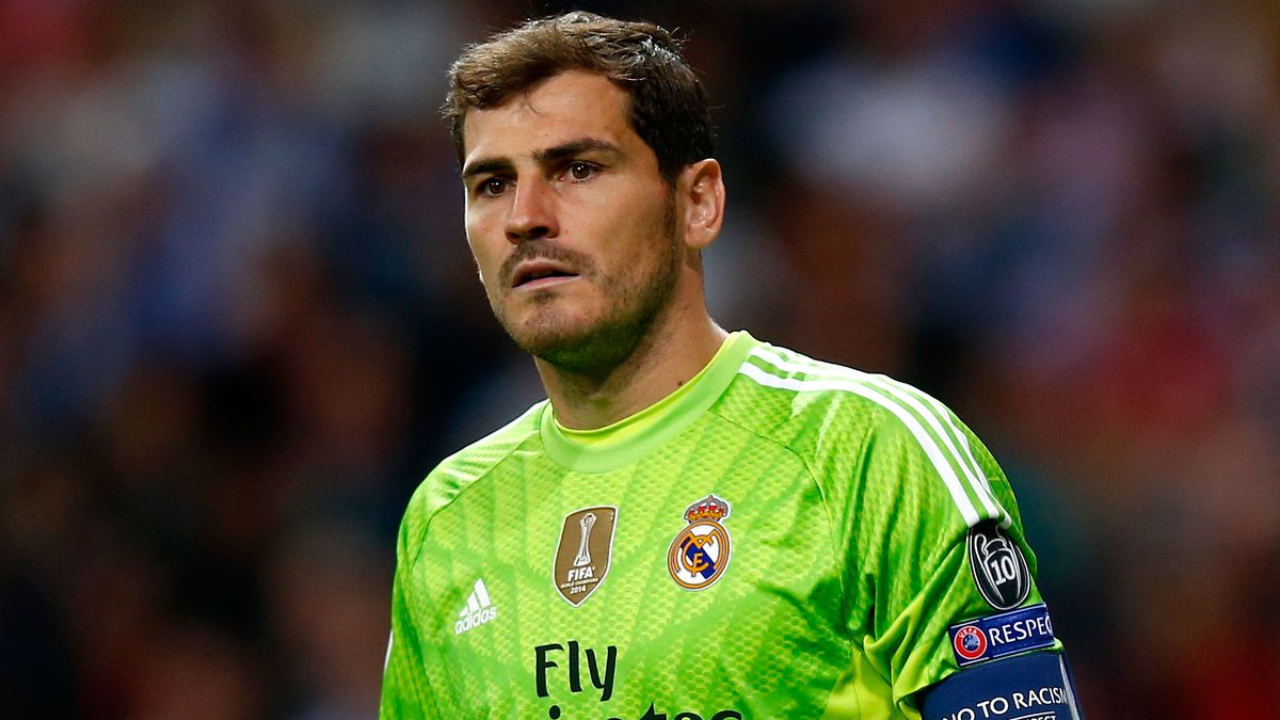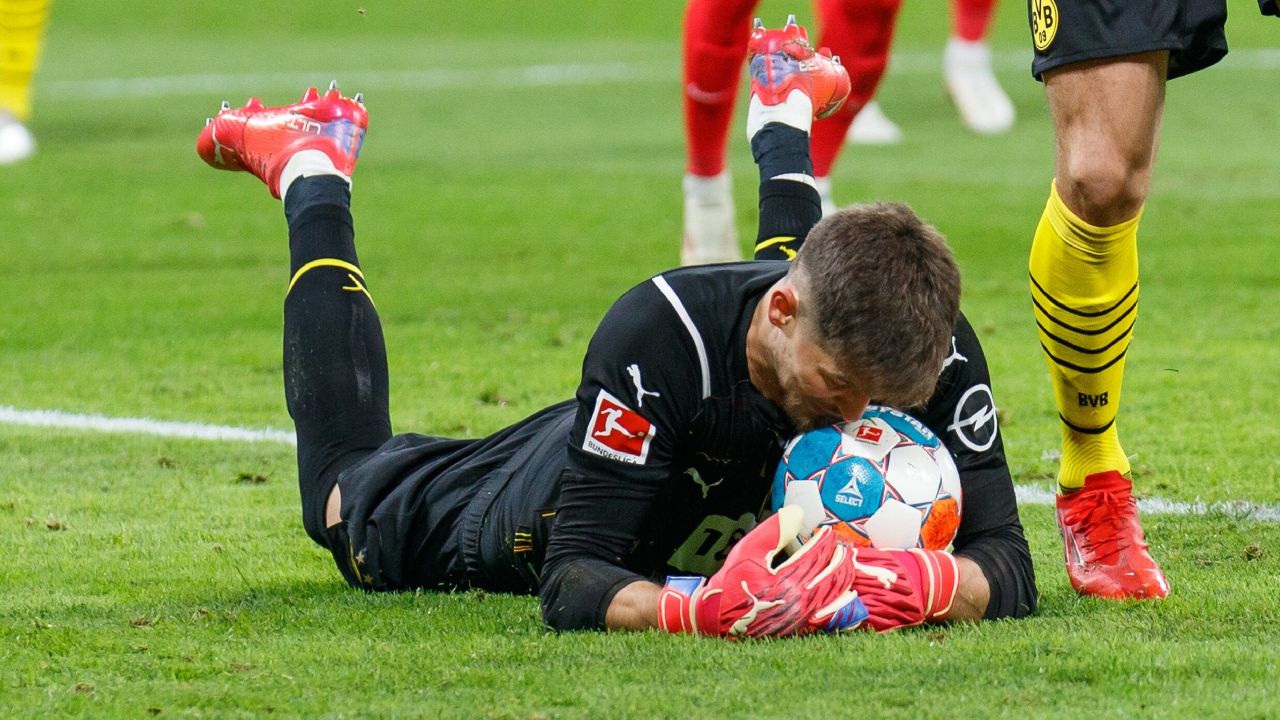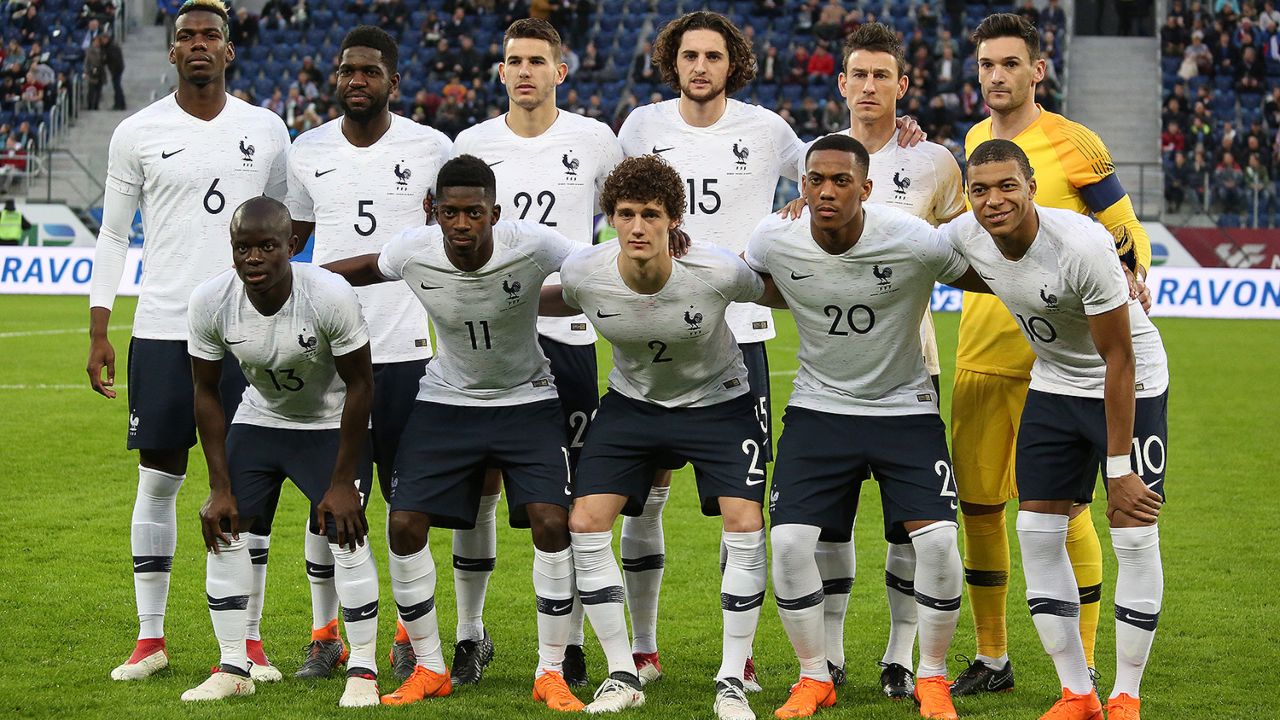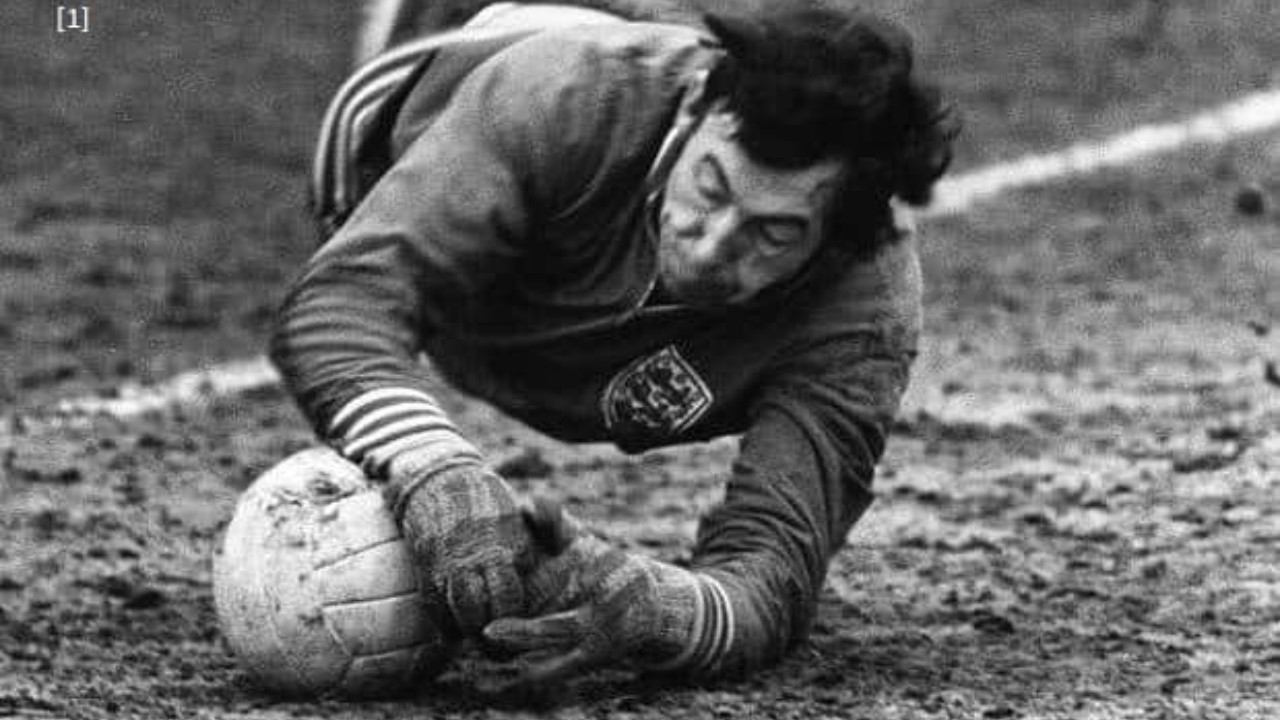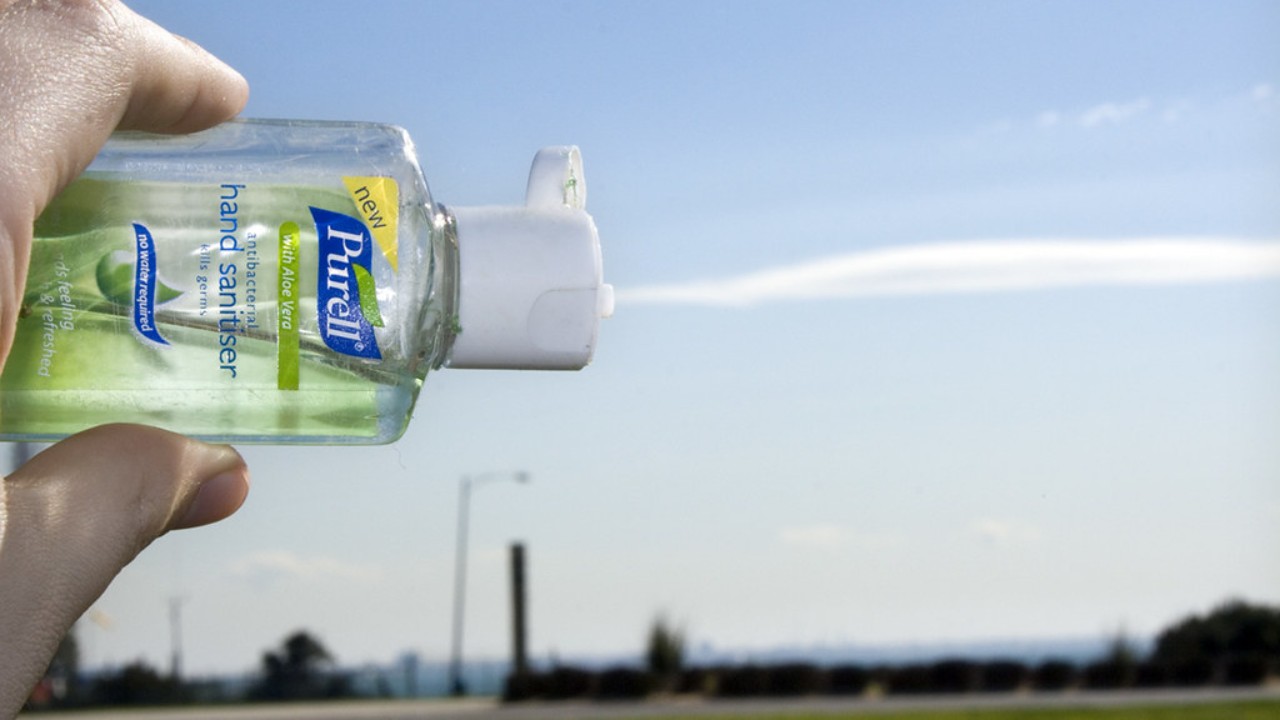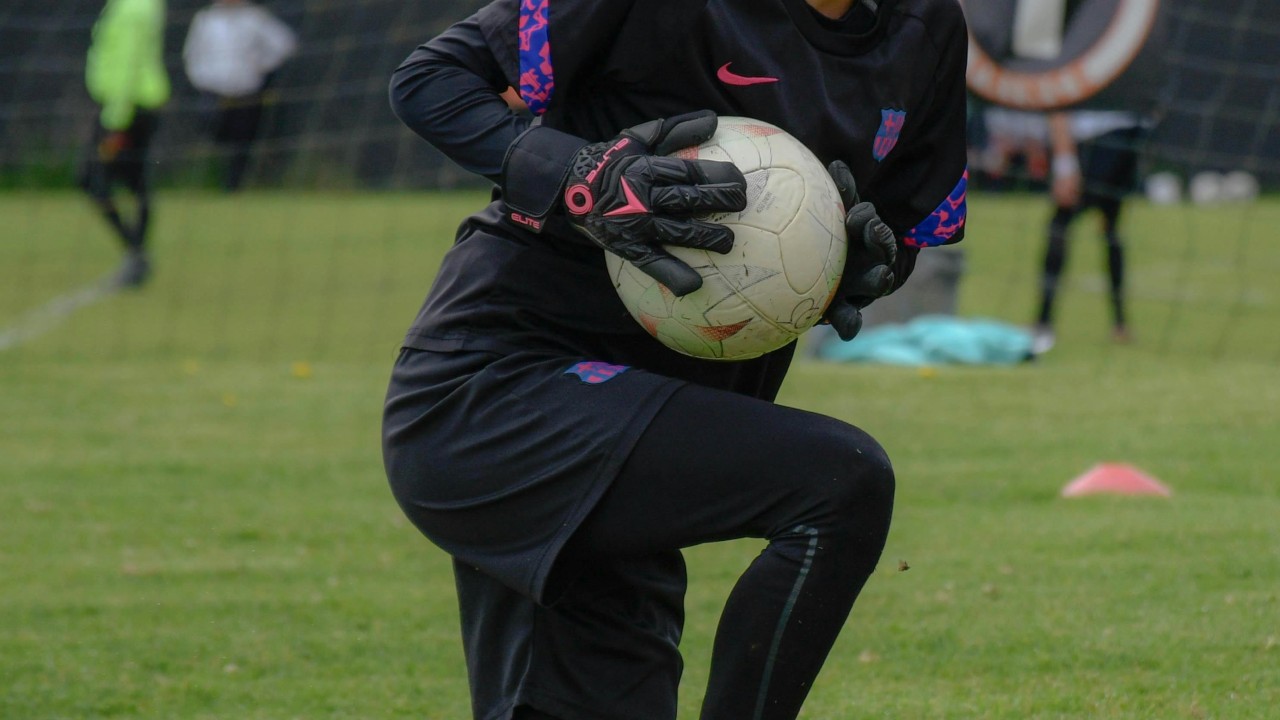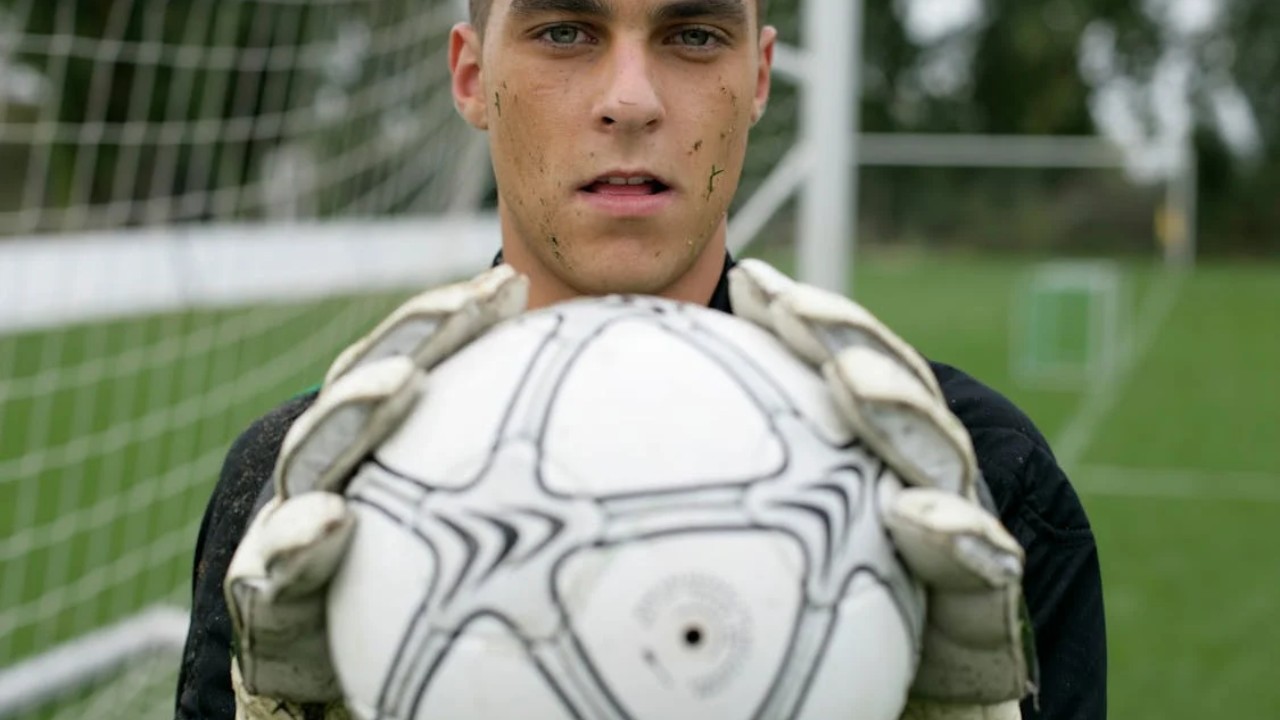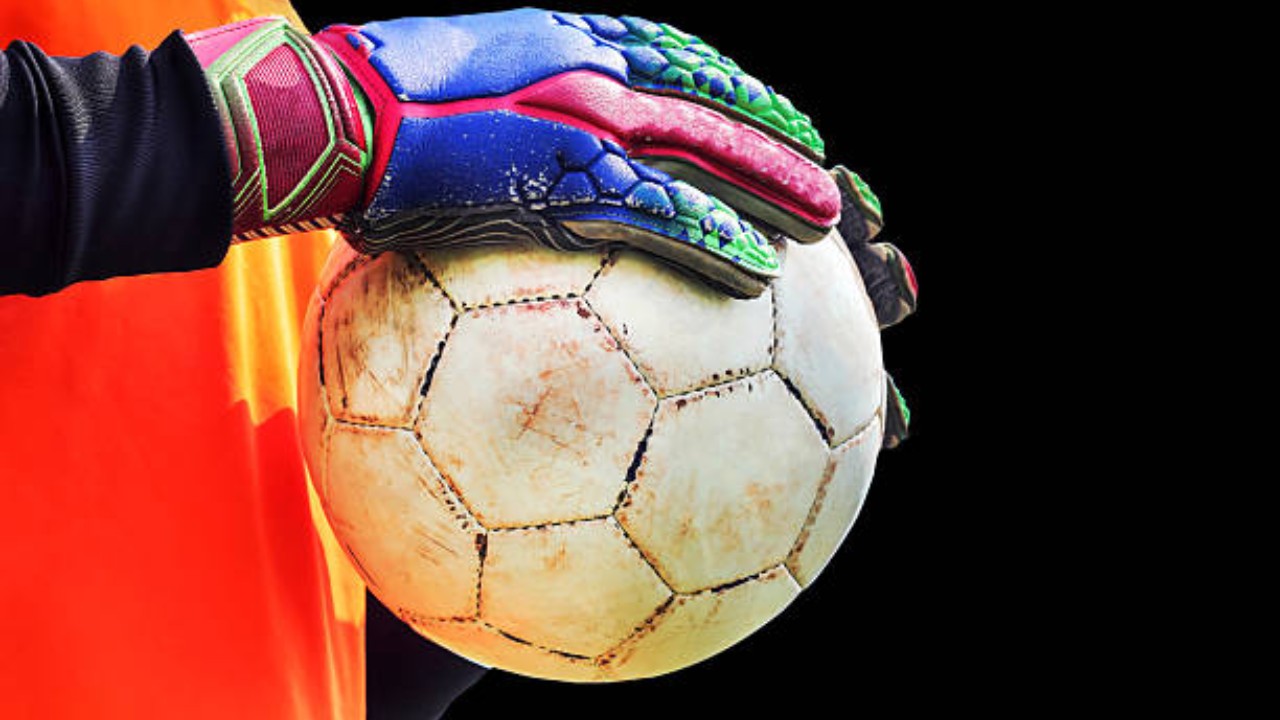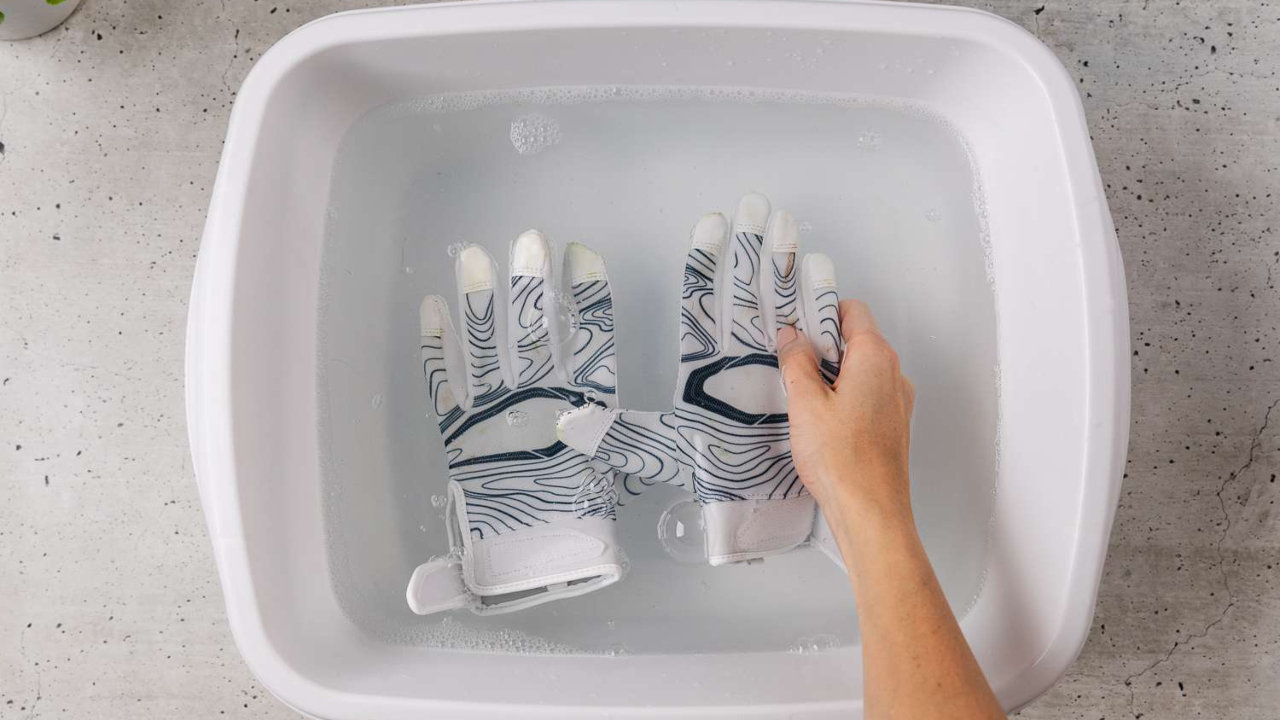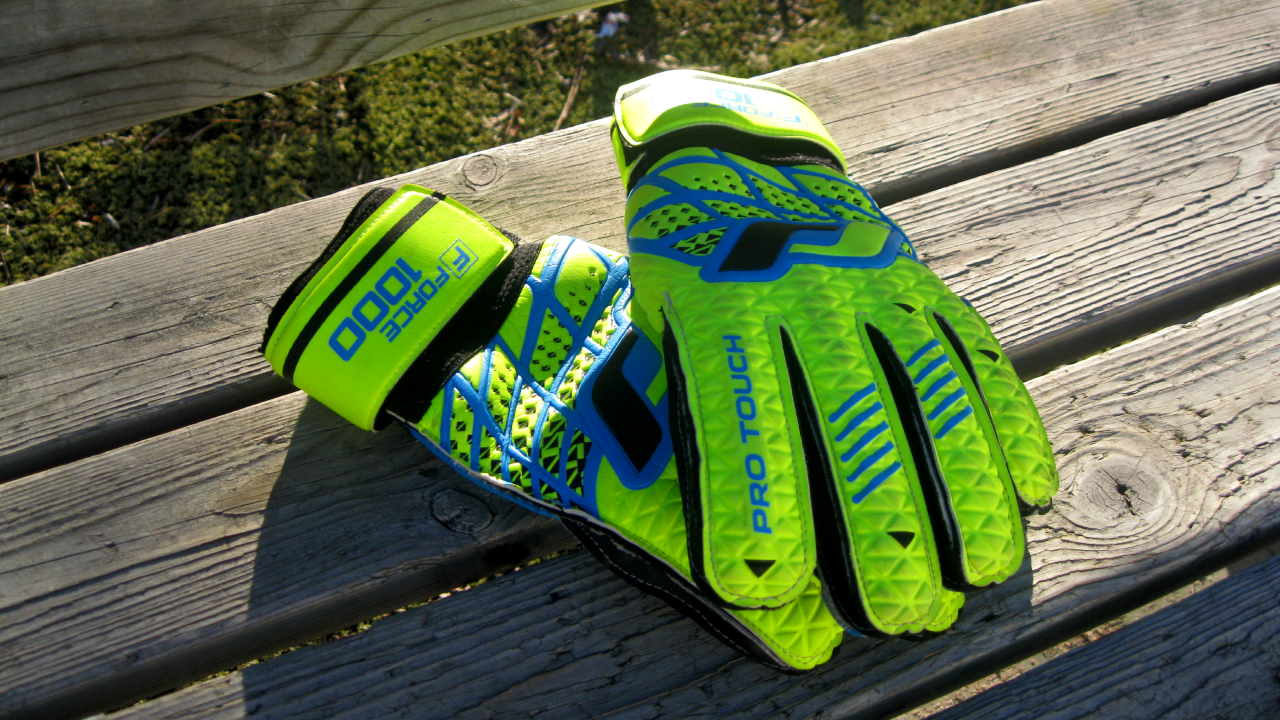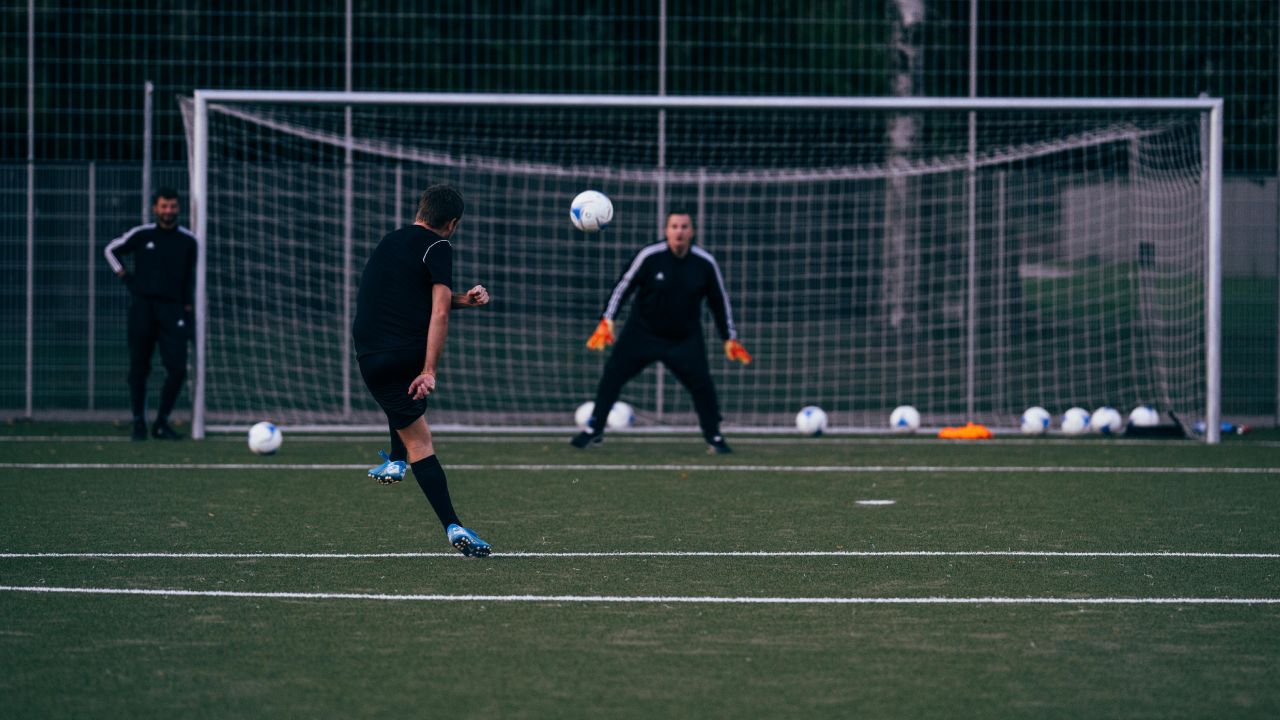Goalkeeping in soccer is an art form that requires a unique skill set, mental fortitude, and physical prowess. For emerging goalkeepers, the journey to mastering this position can be both challenging and rewarding. Here, we’ll delve into essential tips and strategies designed to assist budding goalkeepers in their quest for excellence.
Essential Skills for Goalkeepers
Diving and Handling
Mastering diving techniques and effective ball handling is fundamental for a goalkeeper’s success. The ability to swiftly and accurately dive to save shots, coupled with secure ball handling, forms the core of a goalkeeper’s defensive capabilities.
Positioning and Anticipation
A goalkeeper’s positioning on the field and anticipation of play are crucial. Understanding game scenarios, reading opponents’ movements, and preemptively positioning oneself contribute significantly to blocking shots and intercepting passes.
Distribution and Communication
Beyond saving shots, a goalkeeper plays a pivotal role in initiating attacks through accurate distribution of the ball. Effective communication with teammates is equally vital, ensuring a cohesive defensive strategy.
Mental Preparation for Goalkeepers
Confidence and Focus
Maintaining unwavering confidence and focus is imperative for a goalkeeper. Confidence breeds composure, while focus enables quick decision-making, essential during intense game situations.
Dealing with Pressure
Goalkeepers often face immense pressure during crucial moments. Learning to thrive under pressure, rather than succumbing to it, is a skill that distinguishes exceptional goalkeepers.
Physical Conditioning for Goalkeepers
Agility and Flexibility
A goalkeeper’s agility and flexibility are paramount. Agility aids in swift movements across the goal, while flexibility enables dynamic saves, reaching for shots in seemingly impossible positions.
Strength and Endurance
Building strength and endurance is vital for a goalkeeper’s resilience throughout a game. Physical conditioning ensures the ability to perform optimally, even during extended play.
Learning from Mistakes and Feedback
Adaptability and Resilience
Emerging goalkeepers should embrace mistakes as opportunities for growth. Developing resilience and adapting to different game scenarios foster continuous improvement.
Utilizing Feedback for Improvement
Feedback is a valuable asset for goalkeepers. Accepting and implementing constructive criticism elevates skills and performance.
Goalkeeper Equipment and Gear
Understanding and selecting appropriate goalkeeper equipment is crucial. Maintaining gear properly ensures longevity and optimum performance during matches.
Importance of Continuous Learning
Training and Development
Consistent training and skill development are pivotal for emerging goalkeepers. Regular practice sessions and drills refine techniques and enhance overall gameplay.
Staying Updated with Trends
Staying abreast of evolving soccer trends, strategies, and equipment innovations is essential for goalkeepers aiming for sustained excellence.
Conclusion
Becoming an accomplished goalkeeper is a journey marked by dedication, perseverance, and continuous learning. By honing essential skills, maintaining mental fortitude, prioritizing physical conditioning, and embracing a growth mindset, emerging goalkeepers can pave their path toward success in the dynamic world of soccer.

